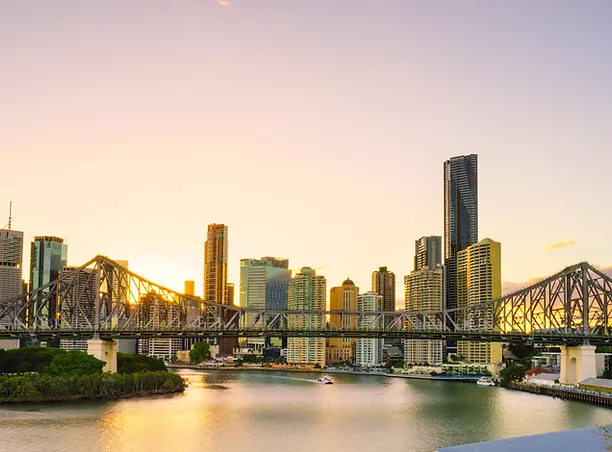Australia is a vibrant mosaic of cultures, ethnicities, and traditions, making it one of the most culturally diverse countries in the world. This diversity is a cornerstone of the nation’s identity, enriching its social fabric and contributing to a dynamic, inclusive society.
A Nation of Immigrants
Australia’s population is incredibly diverse, with 29% of Australians born overseas and 48% having at least one parent born overseas. This melting pot of cultures has brought a wide array of customs, languages, and perspectives to Australian shores. More than one in five Australians speak a language other than English at home, highlighting the linguistic diversity that permeates everyday life.
Indigenous Heritage
Before British colonization, Australia was home to over 250 First Nations languages and 800 dialects. The rich linguistic and cultural heritage of Aboriginal and Torres Strait Islander peoples remains a vital part of the nation’s identity. In recent years, the Aboriginal and Torres Strait Islander population has grown significantly, with a 25% increase between 2016 and 2021. In places like Maningrida on Australia’s north-central coast, 15 languages are spoken or signed daily, showcasing one of the most linguistically diverse communities in the world.
Historical Migration Waves
The discovery of gold in the mid-1800s marked a pivotal moment in Australia’s history, attracting over 600,000 migrants between 1852 and 1860. This influx included people from the UK, Europe, and China, each group bringing their unique cultural influences. Post-Federation, Australia saw fluctuations in immigration policies, but the country’s multicultural fabric continued to evolve and strengthen over time.
Australian South Sea Islanders
Between 1863 and 1901, over 62,000 people from the Pacific Islands were brought to Australia to work on sugar plantations in a practice known as “blackbirding.” Today, Australian South Sea Islanders are a vital part of Queensland’s community, with many also identifying as Aboriginal and Torres Strait Islander, adding to the cultural richness of the region.
Cultural Celebrations and Festivals
Australia’s diversity is celebrated through numerous cultural events and festivals. The Sydney Festival, Melbourne International Arts Festival, and Perth International Arts Festival are just a few examples where the nation comes together to celebrate its multicultural heritage. These events provide a platform for showcasing a variety of cultural expressions, from traditional performances to contemporary arts.
Culinary Diversity
The multicultural makeup of Australia is also reflected in its cuisine. Australians enjoy a wide array of food styles, including Chinese, Italian, Greek, and Thai, among many others. This culinary diversity not only satisfies diverse palates but also brings communities together through shared dining experiences.
Multiculturalism is more than just a policy in Australia; it is a lived reality that shapes everyday experiences. The country’s rich cultural heritage and the contributions of various communities continue to build a vibrant and inclusive society. Celebrating this diversity not only honors the past but also embraces the future, fostering a nation where everyone has a place.
GET IN TOUCH WITH OUR TEAM

Melbourne
Head Office
Level 7, 492 St Kilda Road,
Melbourne Vic 3004
Ph: 03 9867 1022
info@sjmediagroup.com.au

Sydney
Office
Level 3, WeWork c/o S&J Media Group,
100 Harris Street,Pyrmont NSW 2009
Ph: 02 8424 6100
info@sjmediagroup.com.au

Brisbane
Office
WeWork c/o S&J Media Group,
310 Edward St,Brisbane City QLD 4000
Ph: 07 3217 2233
info@sjmediagroup.com.au

